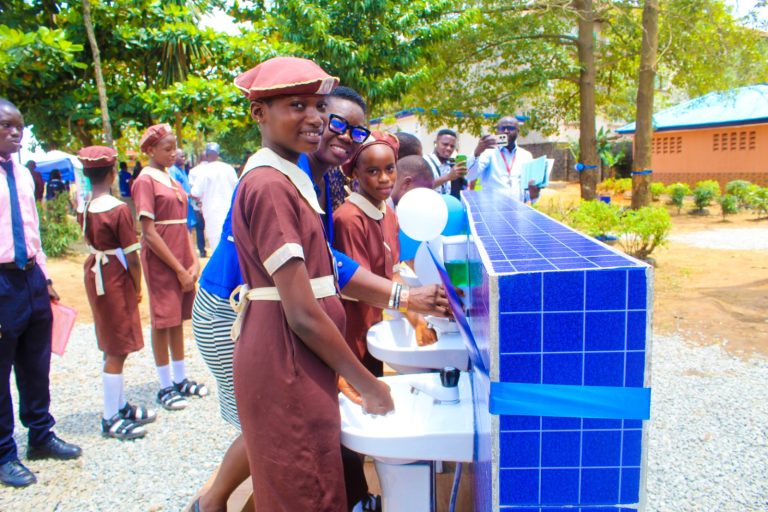The Federal Government of Nigeria and the National Commission for UNESCO (NATCOM-UNESCO) have intensified calls for urgent investment in climate-resilient Water, Sanitation, and Hygiene (WASH) infrastructure in schools, warning that climate change and poor facilities are threatening student health, education, and future prospects.
Speaking at a high-level workshop in Abuja on Monday, the Director of Educational Planning, Research, and Development at the Federal Ministry of Education, Mrs. Obianuju Anigbogu—represented by Mrs. Juliet Uzor—emphasized the critical link between climate adaptation and WASH services in schools.
The event, themed “The Impact of Climate Change on Water, Sanitation and Hygiene (WASH) in Nigerian Educational Institutions,” drew attention to the growing climate-related disruptions such as flooding, drought, and irregular rainfall, which compound existing infrastructure challenges.
“Access to clean water, sanitation, and hygiene in schools is not just a development priority—it is a human rights imperative,” Anigbogu said. “Poor WASH conditions affect student attendance, academic performance, and overall well-being. As climate change continues to threaten essential services, our response must be swift, inclusive, and coordinated.”
Referencing data from the Intergovernmental Panel on Climate Change (IPCC), Anigbogu noted that Nigeria and other countries in the Global South remain highly vulnerable to the adverse impacts of a warming planet.
She expressed hope that the workshop would lead to actionable policy recommendations and stronger cross-sectoral collaboration, especially with just five years left to achieve the UN Sustainable Development Goals (SDGs).
In his remarks, NATCOM-UNESCO Secretary-General Dr. Lateef Olagunju described the workshop as both “timely and necessary,” highlighting how climate change is reshaping water access and sanitation systems, particularly in schools.
“Disruptions in WASH services don’t just mean inconvenience—they expose children to diseases, hinder learning, and contribute to gender disparities,” he said. “Schools are not just places of education. They are community hubs where sustainability and resilience must begin.”
Olagunju advocated for embedding climate resilience into both school infrastructure and the curriculum to build a generation of environmentally responsible citizens.
Students also shared firsthand experiences of the WASH crisis. Onyinyechi Livinus, an SS2 student from Government Secondary School, Ushafa, painted a stark picture of daily struggles.
“Our toilets have no running water. We rely on a distant lifting pump used by the entire school, including junior and primary sections,” she said. “We use plastic containers as makeshift handwashing stations. Even our drinking water comes from the same pump.”
In contrast, Pascalyn Agbor, an SS1 student at Government Science and Technical College, Area 3, shared a more positive account.
“We have proper toilets with flushing systems, showers, and handwashing stations. Even during water shortages, the school ensures there’s stored water,” she said. “Menstrual hygiene is also taken seriously—we have clean, private disposal areas and facilities for washing reusable pads.”
The workshop brought together stakeholders from the education, health, environment, and development sectors to chart a roadmap for making Nigerian schools safer and more climate-resilient.


